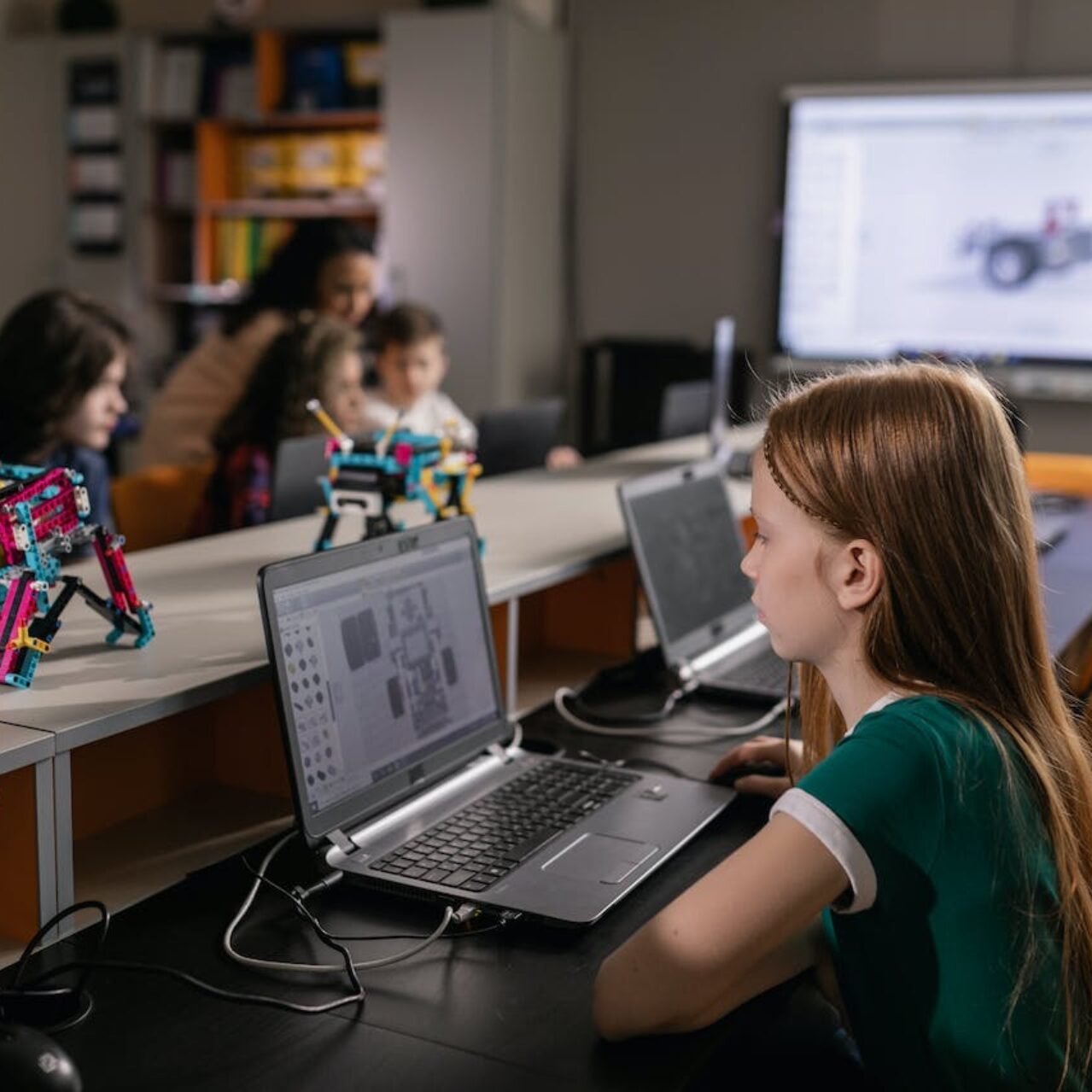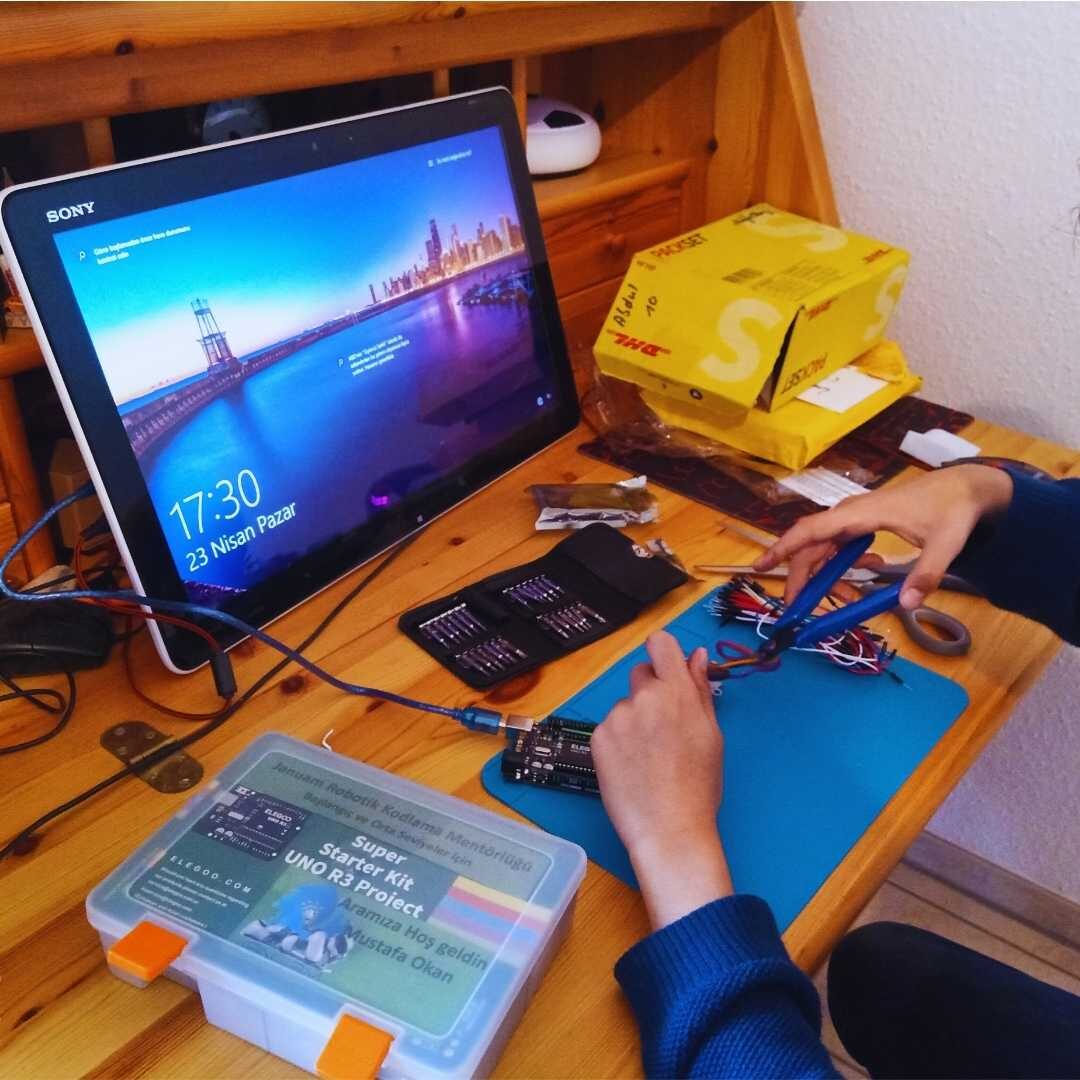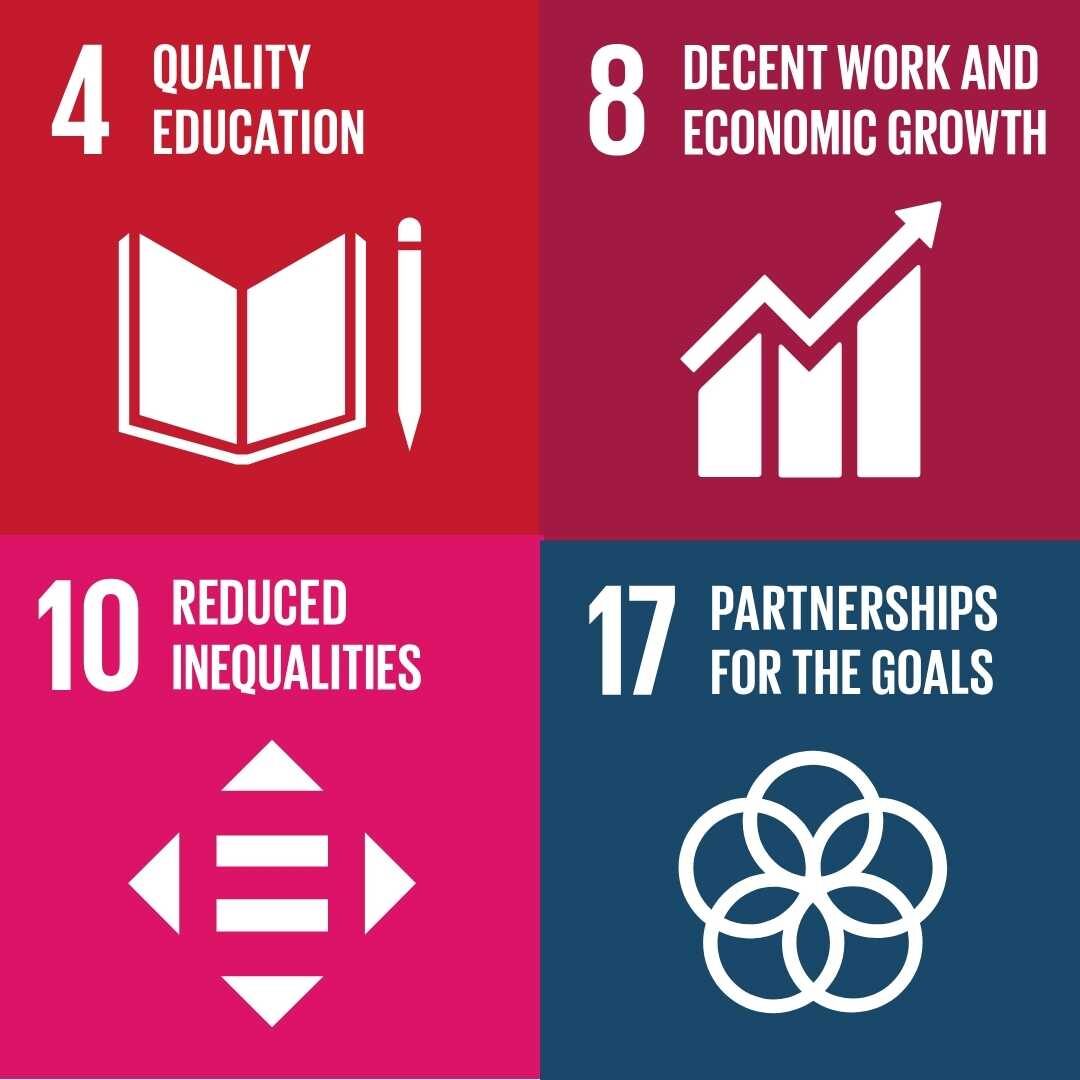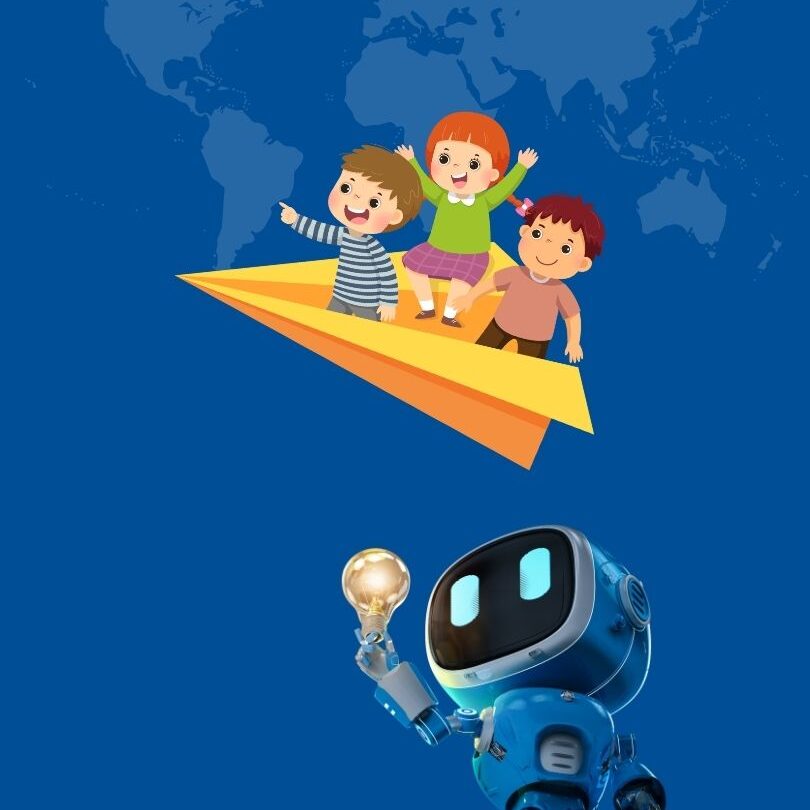The Rise of Social Media


Opportunities and Challenges in a Connected Era
Social media has become an integral part of modern life, revolutionizing the way we communicate, share information, and interact with the world around us. Whether it’s staying in touch with friends, following global news and trends, or raising awareness for important causes, these platforms have reshaped our daily lives and the ways we engage with each other.
What is Social Media?
Social media refers to internet-based platforms and technologies that enable users to create, share, and engage with content while interacting with others in a digital environment. Platforms like Facebook, Instagram, Twitter, TikTok, LinkedIn, Snapchat, and YouTube are some of the most well-known examples. Social media can be categorized based on its primary function:
- Networking Platforms (e.g., LinkedIn, Facebook) for professional and personal connections.
- Content Creation Platforms (e.g., TikTok, Instagram) for video, photo, or textual storytelling.
- Microblogging Platforms (e.g., Twitter) for quick, real-time updates.
- Discussion Forums (e.g., Reddit, Quora) for community engagement.
Social media has become a hub for personal interaction, business marketing, education, activism, and even healthcare communication.
Positive Effects of Social Media
When used wisely, social media offers many benefits for individuals, businesses, and society at large.
1. Enhanced Connectivity
Social media bridges the gap between people, making it easier to stay in touch with family and friends regardless of distance. Apps like WhatsApp and Facebook Messenger help families connect even when separated by continents.
2. Access to Education and Knowledge
Social media platforms are valuable tools for education, providing free access to tutorials, courses, and expert insights. They enhance learning opportunities by connecting users with educational resources, professional communities, and real-time updates on various subjects. Platforms like YouTube offer instructional videos on diverse topics, while LinkedIn and Twitter facilitate knowledge exchange among professionals. This accessibility democratizes education, making high-quality learning resources available to a global audience.
3. Advocacy and Social Change
Social media helps raise awareness about important issues and brings people together to support social movements. It gives a platform to those who need their voices heard and spreads messages quickly worldwide.
4. Economic Empowerment
Small businesses leverage social media for marketing, customer engagement, and brand building. Platforms like Instagram and TikTok have democratized advertising, allowing companies to reach large audiences without significant financial investment.
5. Creative Expression and Community Building
Platforms like Instagram and Pinterest allow users to share their artistic work and express creativity. Artists, writers, and creators can showcase their talents to a broad audience, gaining recognition and opportunities. This exposure often leads to collaborations, career growth, and connections with like-minded individuals.
Negative Aspects of Social Media
Despite its advantages, social media also has several downsides that can significantly impact individuals and society.
1. Mental Health Issues
Excessive use of social media can lead to anxiety, depression, and loneliness. Studies have shown that frequent comparison to others’ curated online lives contributes to low self-esteem.
2. Digital Addiction
Social media platforms are designed to be addictive. Features like infinite scrolling, notifications, and personalized feeds keep users engaged longer, often at the expense of real-life responsibilities and relationships.
3. Spread of Misinformation
Social media platforms can quickly spread false or misleading information, making it difficult to distinguish truth from fiction. Algorithms that prioritize engaging content often amplify sensational or inaccurate posts, creating confusion and shaping public opinion based on unreliable sources. This can harm decision-making, trust, and societal understanding of critical issues.
4. Privacy Concerns
Sharing personal information on social media comes with risks. Data breaches, misuse of personal information, and surveillance technologies like facial recognition are serious concerns for users.
5. Social Polarization
Algorithms prioritize engagement, often leading to echo chambers where users are exposed only to viewpoints similar to their own. This can reinforce biases and contribute to societal polarization.
6. Cyberbullying
Cyberbullying, one of the darker aspects of social media, involves harassment, threats, or humiliation in online spaces. Unlike traditional bullying, cyberbullying can happen 24/7 and reach a wide audience, making it even more damaging.
What is Social Media Addiction?
Social media addiction is a behavioral issue characterized by excessive reliance on platforms. This addiction can harm mental health, relationships, and daily responsibilities.


Symptoms of Social Media Addiction
- Compulsive usage of platforms, even during inappropriate times.
- Neglecting responsibilities such as work or studies.
- Anxiety or irritability when not using social media.
- Using social media as an escape from real-life problems.
Social media addiction works similarly to other behavioral addictions by triggering the brain’s dopamine release, making the behavior hard to stop.
Prevention Strategies
Set Time Limits: Use apps to monitor and limit screen time.
Encourage Offline Activities: Spend time on hobbies, exercise, or face-to-face interactions.
Practice Digital Detox: Periodically disconnect from social media to reset habits.
Seek Professional Help: Professional therapy can be an effective way to address addictive behaviors related to social media.
The Privacy Dilemma
One of the most significant issues surrounding social media is its impact on personal privacy. While these platforms provide opportunities for connection and self-expression, they also expose users to privacy risks.
1. Data Collection and Sharing: Many users are unaware of the extent of data collection and the third-party sharing practices of social media companies. Privacy policies are often dense and difficult to understand, leading to a lack of informed consent.
2. Privacy Settings Mismanagement: Many users fail to configure privacy settings appropriately, leaving their profiles and posts exposed to unintended audiences.
3. Cybersecurity Threats: Hackers often target social media accounts to steal personal information, launch phishing scams, or impersonate users. This can lead to identity theft or financial fraud.
6. Over-Sharing and Unintended Exposure:Users often share personal information—such as location, vacation plans, or family details—without realizing the risks. Cybercriminals can exploit this information for theft or harassment
Protecting Your Privacy on Social Media
To mitigate privacy risks, users should take proactive measures:
- Limit Sharing of Personal Information: Avoid sharing sensitive details like your address, phone number, or financial information.
- Review Privacy Settings: Regularly update settings to control who can see your content and what data platforms can collect.
- Use Strong Passwords: Protect your accounts with complex passwords and enable two-factor authentication.
- Be Cautious of Third-Party Apps: Many apps request unnecessary access to social media profiles. Revoke access for untrusted apps.
Conclusion
Social media has transformed how we interact, learn, and express ourselves. It connects us to a global community and provides opportunities for education, activism, and business growth. However, the platforms also pose risks such as mental health challenges, privacy issues, and addiction. By using social media responsibly and implementing safeguards, individuals can enjoy its benefits while minimizing its drawbacks. Understanding both the positives and negatives of social media empowers us to make informed choices and build a healthier digital relationship.
References
– https://www.techtarget.com/whatis/feature/6-common-social-media-privacy-issues
– https://www.pewresearch.org/internet/2019/11/15/americans-and-privacy-concerned-confused-and-feeling-lack-of-control-over-their-personal-information/
– https://www.statista.com/statistics/278414/number-of-worldwide-social-network-users/
– https://www.statista.com/statistics/617136/digital-population-worldwide/
– https://www.simplilearn.com/real-impact-social-media-article
– https://ctrinstitute.com/blog/how-to-overcome-social-media-addiction/
– https://jogamayadevicollege.ac.in/uploads/1586197536.pdf
– https://en.wikipedia.org/wiki/Problematic_social_media_use
Author : Mualla Zeynep Çetin















